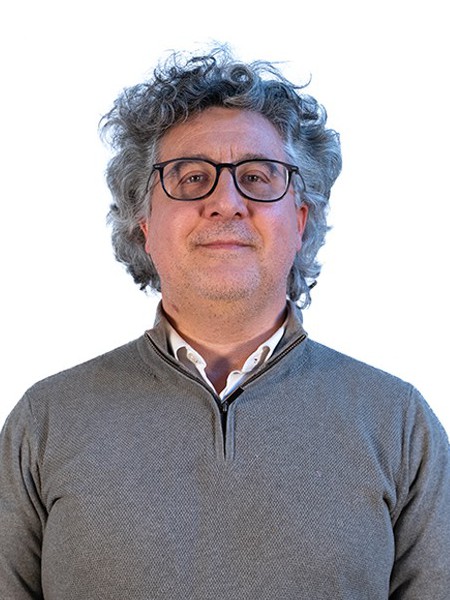resumo
Metal-organic frameworks (MOFs) have shown tremendous potential for challenging gas separation applications, an example of which is the separation of olefins from paraffins. Some of the most promising MOFs show enhanced selectivity for the olefins due to the presence of coordinatively unsaturated metal sites, but accurate predictive models for such systems are still lacking. In this paper, we present results of a combined experimental and theoretical study on adsorption of propane, propylene, ethane, and ethylene in CuBTC, a MOF with open metal sites. We first propose a simple procedure to correct for impurities present in real materials, which in most cases makes experimental data from different sources consistent with each other and with molecular simulation results. By applying a novel molecular modeling approach based on a combination of quantum mechanical density functional theory and classical grand canonical Monte Carlo simulations, we are able to achieve excellent predictions of olefin adsorption, in much better agreement with experiment than traditional, mostly empirical, molecular models. Such an improvement in predictive ability relies on a correct representation of the attractive energy of the unsaturated metal for the carboncarbon double bond present in alkenes. This approach has the potential to be generally applicable to other gas separations that involve specific coordination-type bonds between adsorbates and adsorbents.
palavras-chave
GENERALIZED-GRADIENT-APPROXIMATION; ORGANIC FRAMEWORK CU-3(BTC)(2); PRESSURE SWING ADSORPTION; UNITED-ATOM DESCRIPTION; PROPANE/PROPYLENE SEPARATION; MOLECULAR SIMULATION; CU-BTC; METHANE STORAGE; FORCE-FIELD; TRANSFERABLE POTENTIALS
categoria
Engineering
autores
Jorge, M; Fischer, M; Gomes, JRB; Siquet, C; Santos, JC; Rodrigues, AE
nossos autores
Projectos
agradecimentos
This work is supported by projects PTDC/EQU-EQU/099423/2008, PEst-C/EQB/LA0020/2011 and PEst-C/CTM/LA0011/2011, financed by FEDER through COM-PETE-Programa Operacional Factores de Competitividade and by FCT-Fundacao para a Ciencia e a Tecnologia. J.R.B.G. thanks FCT for the IF program. M.F. gratefully acknowledges a postdoctoral fellowship from the German Research Foundation (DFG grant FI 1800/1-1).


